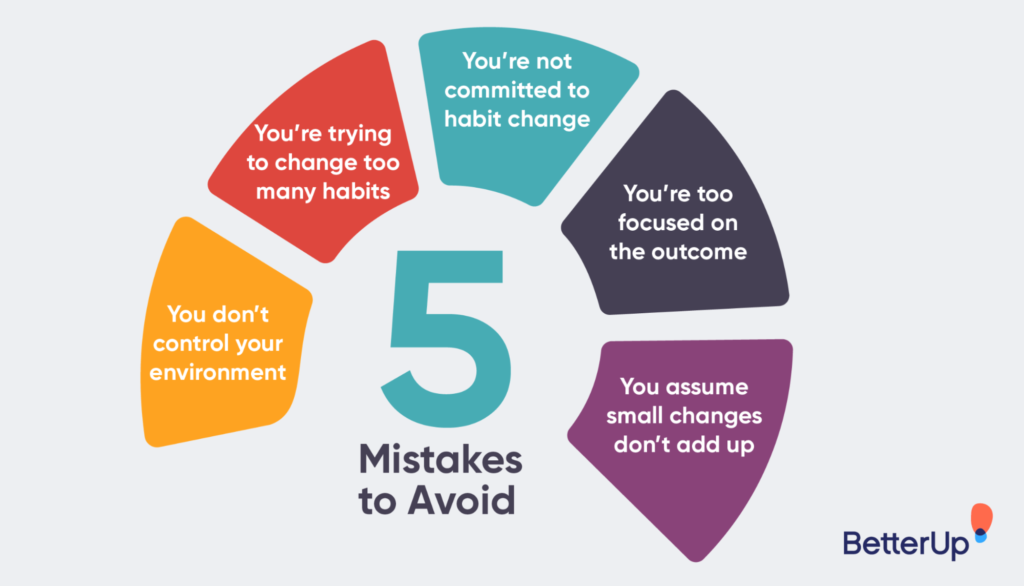
Starting small is the key to long-term success with habits
Making ridiculously small changes to your life can yield enormous success in the long run, no matter what the goal. And we’re talking really, really small changes. Microhabits are behavioural changes that can bring about some hefty changes in the long run. Let’s take an example from Harvard Business Review.
The author recounts how her first successful 10km started with consistently laying out her gym clothes, which slowly moved to a few minutes on the treadmill and progressed, ultimately culminating in a goal she’d tried to achieve for decades. It took some time, but consistency and habit-building got her across the line, not raw grit.
Microhabits are so effective because they create a sense of accomplishment without feeling overwhelmed. When people take small steps, they feel more motivated to continue, as they can see their progress more clearly and are less likely to become dejected or unmotivated.
But how small? It shouldn’t be worth doing, and the effort seems pointless. For example, what sort of reading goal would you set to read a day if you want to read more? A chapter? Nope. A few pages. Nope. A page? Nope. Just a paragraph.
What’s a Micro Habit?
A micro habit would be to set a goal to read one paragraph of a book daily. That’s all. Do that for a week and you’ll be hooked. Before you know it, you’ll read a page, then a chapter. Then, hey presto, your goal to read more is achieved. Establishing a daily routine is crucial, so it becomes a habit. If it’s manageable, you won’t be inclined to postpone it, so start and stay small for a considerable time, like a fortnight of no more than a paragraph, before moving to a page. Aim low, my friends.
Numerous studies have shown that it’s better to start small and build up toward the end goal when it comes to forming habits. More specifically, Human behaviour researcher B.J. Fogg at Stanford University has come up with a foolproof method for forming new habits that he calls Tiny Habits.
He maintained that simplicity mattered much more than motivation or willpower in successfully changing habits. To form the habit of flossing each evening, Fogg broke down this habit routine to its simplest form: flossing one tooth.

How do Micro Habits Work with Fitness?
The power of micro habits can easily apply to fitness. For example, if someone wants to get into shape, they can do 10 squats daily. That’s something you can do in 20 seconds. Do that for one month. Don’t aim for more too quickly. Stay small and go long. After a month, only increase it by 10 or 20 per cent. After three months, you’d be doing 30 squats a day. Where will you be after a year?
A study by the University of Pennsylvania found that when people took small steps to reach their goals, they felt empowered and more confident in their abilities. The study also found that small steps can be more effective than larger ones, as small steps encourage people to focus on reaching their goals instead of the end result, which can make them feel overwhelmed.
Overall, the power of micro habits is a great approach to achieving success in any endeavour. People can make progress without feeling overwhelmed by taking small steps and breaking down larger goals into smaller, achievable tasks. With consistent effort, these small steps can eventually lead to greater success.




